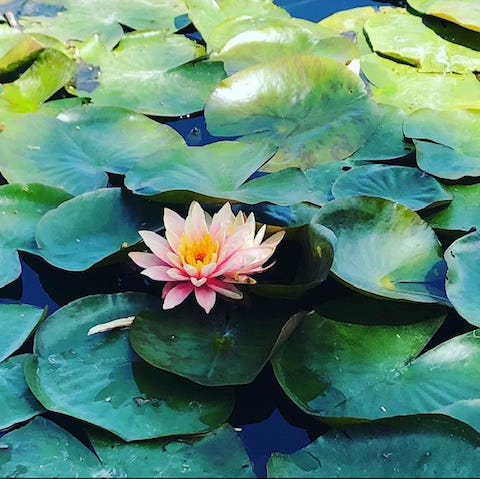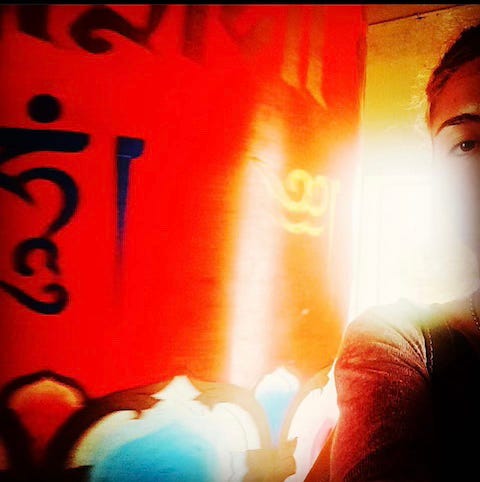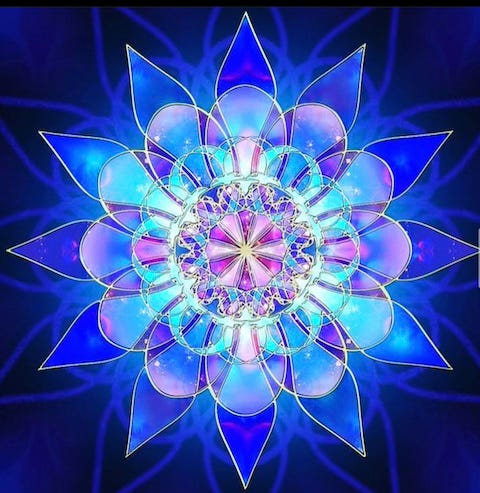“What does it mean, the calling of the soul? It’s about homecoming. And an inner homecoming, of course. The resonance one feels with certain places. The harmony between soul and nature that creates a sense of belonging.“ ~ Robert Romanyshyn, Emeritus Professor of Clinical Psychology at Pacifica Graduate Institute

I have been reflecting this past week a lot on my current state of mind and the body, my current as well as future plans regarding work and relationships, my ability to be in the moment and accept my life as it is right now, my past addictive and obsessive behavioral patterns and habits, and my ability to reflect and process my feelings and thoughts, and more importantly express, communicate them, to others. I can’t remember the last time I felt so balanced, so much in my body, and with the clarity of mind. I can’t remember the last time I was so in tune with what I needed and what my soul desired, that even the smallest things would bring me joy. I also can’t remember the last time when, for 90 consecutive days, I did not think about meaninglessness of life, did not question my purpose and existence, and did not have an urge to emotionally binge and eat everything in the house. There is this sense of being exactly where I am supposed to be, doing exactly what I am supposed to be doing, with confidence, love, devotion and curiosity - there is a deep inner feeling of being at home… some kind of an inner homecoming.
For some people, homecoming means giving up their old life in the place where they have their roots, and in some sense, their identity - and moving to a completely new place, with brand new faces and, most often, a yet unexplored surrounding. Because, in the end - symbolically and literally - staying in their same old patterns was not an option for them anymore (or ever). For others, however, coming home is a way to imagine the process of psychological development and growth, a radical and everlasting inner change - so to speak. It is a profound process of recollecting and rediscovering the depths of one’s own soul. It is homecoming as in the process of individuation - where we consciously begin to exist as a human that we were always supposed to be, coming home to our own soul.
In the words of Robert Romanyshyn, “soul-making doesn’t like dichotomies. It simply offers you the possibility of possibility, a bit like a dream. You don’t interpret it in a literal way, but in a way that it enlivens the person’s place where they are now in this moment, where they are in their lives. One needs to find a story you can live with. One needs to understand myth, literature, history.”

The journey home is also a tradition that we come across in many different cultures. No matter where it comes from, this universal theme always explores all of those various trials and tests that we run into on this journey. For me personally, it’s been a lifelong journey, and I could approach it from many different angles. Maybe it began when I was six years old and have lived with my parents in the middle of the Sahara desert; perhaps the civil war in the nineties has something to do with it, or when I chose to study psychology and dedicate my life to introspection and self-study; or maybe it was when I moved to the United States in my late twenties and opened the door to so many new experiences; or maybe when I got sober and started a brand new life in my mid thirties (certainly then!); or when I fell in love with Southeast Asia later on, or when I finally discovered the most dear-to-my-heart community and found my place amongst these weird people (most definitely)… People that I met along the way, mistakes that I made, trials that I took part in, experiences I decided to participate in - these are all essential elements for my own becoming and homecoming. You could all ponder about your own life and place it in your individual journey of homecoming… just try it and you’ll see what it took for you to be right where you are in this moment, and how far (or close) you are to your own home, your soul.
The story of our own life begins to unfold as part of the larger story of human community and experience, in general. The purpose is transforming everybody’s story from “an unconscious fate into a destiny”, as Romanyshyn points out. According to him, there is no place for living a soulful life if we want to play a victim card. The truth is - we’ve all been dealt a certain hand. We can live out that hand as fate, and live mostly in inevitability, and as a victim. However, there is a challenge for us all - a challenge we can decide to take on anytime - and that is to convert and reconstruct fate into a destiny. I know, I too thought that fate and destiny are the same thing. They’re not. Destiny is a fate that has been consciously engaged, and with a sense of deep purpose and direction. This unfolding of our life is an uninterrupted process of being on the way home - homecoming.
“The obstacles on our way home, break us apart. Through which we connect and experience our soul. That is how we individuate.” ~ Robert Romanyshyn
Soul creation takes place over a lifetime and requires two, equally important and essential, ingredients: the human heart and the world full of frantic and bitter suffering and hardship. John Keats suggested that the world is the “vale of soul-making.” As Keats sees clearly, the soul creation encompasses a process where involvement of the self with reality is essential for its development. And, reality is the way it is, depending on how we individually perceive it - it varies from person to person. How much and in what way we’ll be engaged with the reality is up to us - we may be more called in getting to know those deep inner places inside of us, or we may be more interested in this direct dimension that surrounds us and offers little to no awareness. Every event has something flowing underneath it, it has roots that inspire and spark off the soul-making. It is important to always ask what flows beneath the story you are reading and living, what relevance it carries for you and for the world.
Carl Jung made an important distinction between the “spirit of this time” and “spirit of the depths”. He came to understand that just like our DNA carries the information from our predecessors, the deep psyche lives and carries all that came before us, as well as that which is yet to come. Our psyche is changeless and immortal, like a great deep ocean. He called it The Spirit of the Depths. However, he also realized that most people today are caught up in this plane of reality, this material dimension, and have little or no awareness of these extraordinary depths. They are living in what he called The Spirit of the Times. This spirit is transitory, fleeting, and changes with time.
We have to consider all the ways in which we have lost our souls, all the ways in which we have lost deep connection to our souls. Through the lens of the spirit of the depths, the soul is seen as a living and self-existing being, a being that desires what it desires, and has a life of its own. This idea contradicts the spirit of this time, which sees the soul as a thing that is dependent on a man, and a man lets her be evaluated and judged and put in order, and who, mistakenly, believes that he can grasp her limits. We have to accept that what we used to call our soul till this very moment was not at all our soul, but some manmade lifeless system. Therefore, we had to speak to our soul as to something far off and unknown to us, which did not exist through us, but through whom we had an existence. It may be a perfect time to change this relationship…
“The average modern person in the Western world lives on the surface, exploiting whatever resource or situation is available in order to amass power for itself. We live on a horizontal axis until something from the depths comes up and grabs us, forcing us into an encounter with ourselves. When we do not listen to the promptings of our depths, which come in the form of dreams, intuitions or synchronistic events, the vertical pull of the soul will force an encounter. It does not want you to waste the precious opportunity of this life, and if that feels harsh, so be it. In other words, this type of encounter might involve a lot of pain and suffering, but hopefully it will open you to your depths. Now the cross is alive in you and there is the potential for something new to be born.” ~ Carl Jung, The Red Book
As always, I am grateful for your subscription! If you feel inspired or moved, if you feel seen or heard, if you can relate or you simply find these offerings useful in your own life - you can offer me a tip! PayPal me or Venmo me. You can also upgrade your subscription to a paid membership. Until next time!
Stay safe. Marina






Thank you Vanessa 😊🙏 And I am very happy to hear you found it useful and relatable ❤️
A very timely piece for me to read ❤️